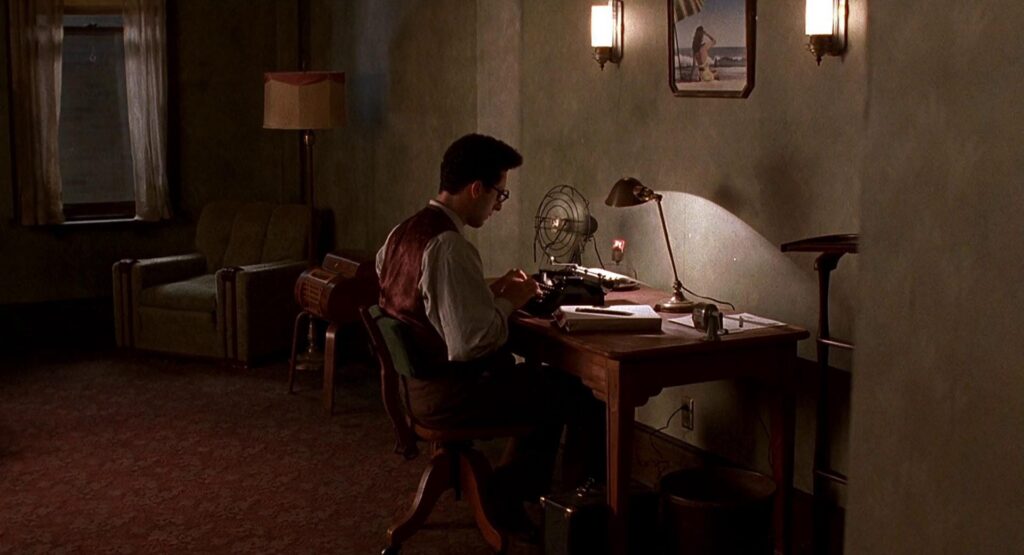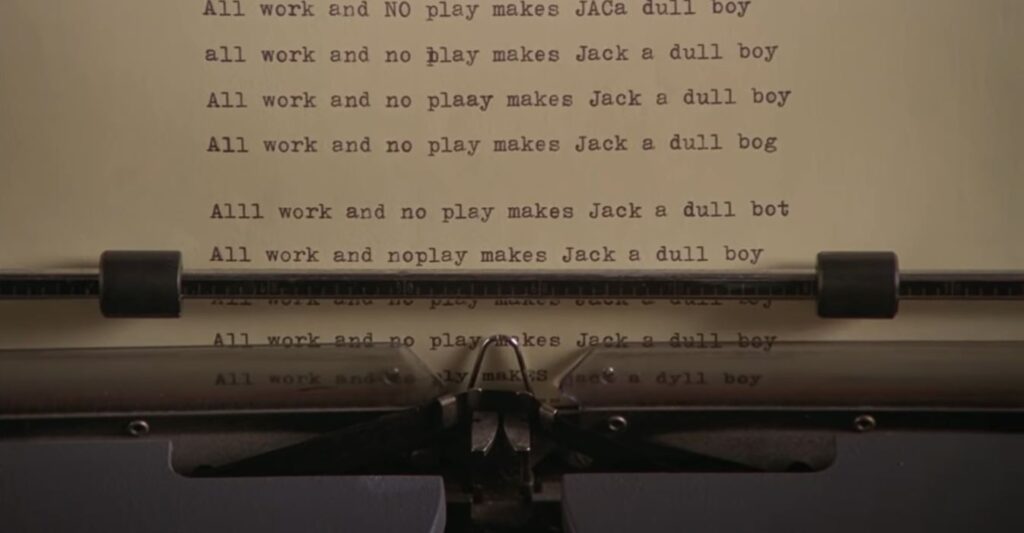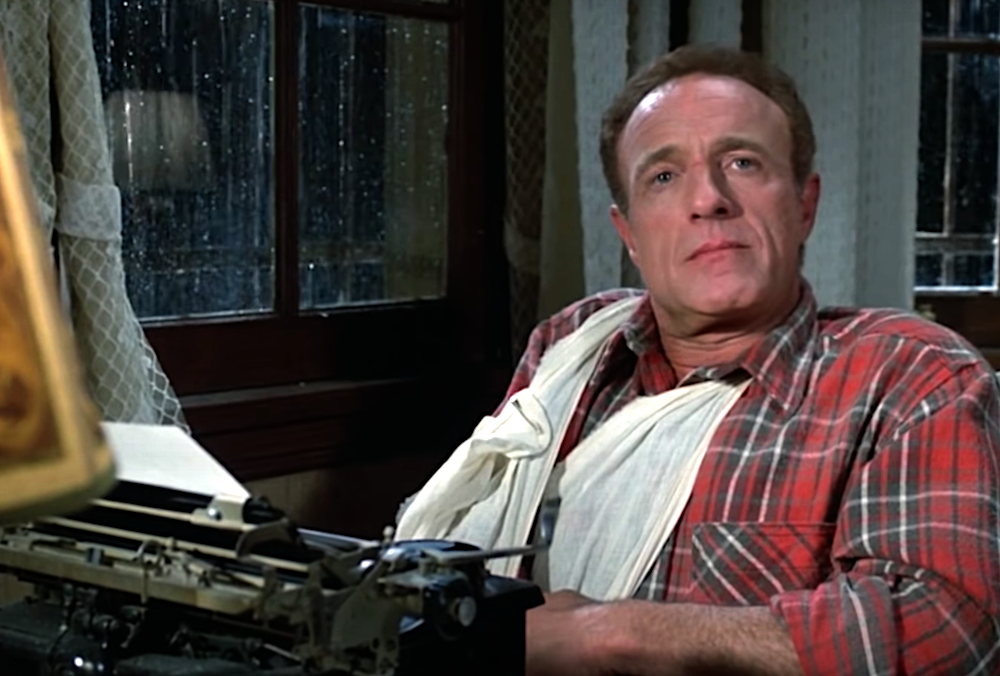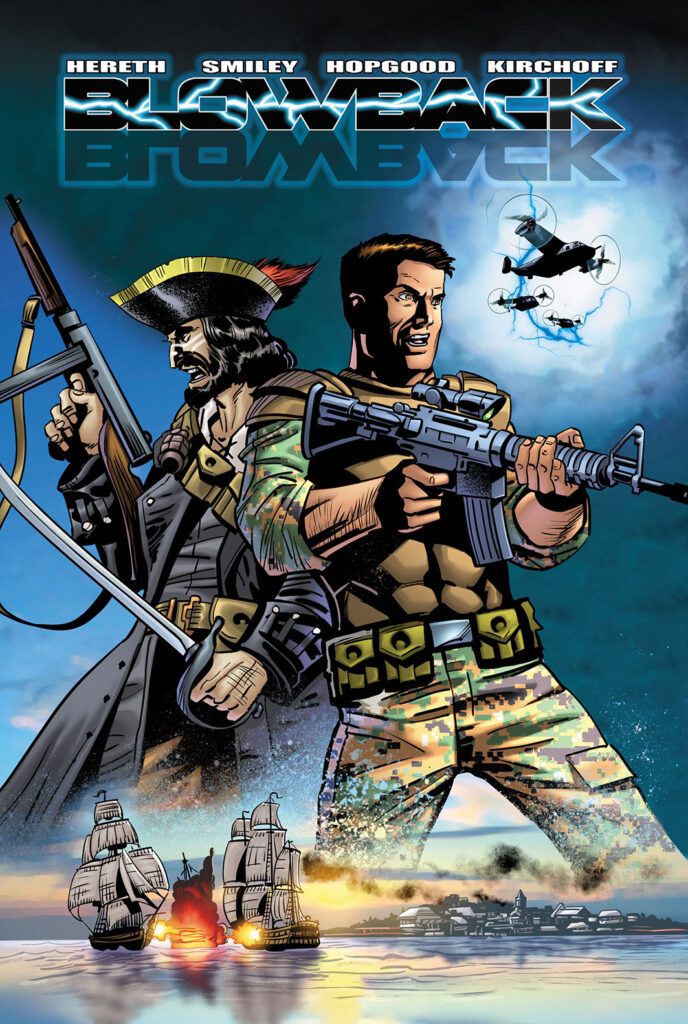
I have a million ideas. Most writers do. But unless you’re already a sought-after creator with a track record of success, an idea itself isn’t going to get you very far.
In other words, you can’t sell a spec that doesn’t exist.
You need to get those ideas written down for them to get you anywhere. That’s not easy, of course, but nevertheless mandatory.
I get it, I really do. It can be intimidating to think about what it’ll take to crank out an entire script. Paralyzing, even.
So, for god’s sake, don’t think about that.
Much like a literal marathon, the journey here begins with the first step. Focus on page one and let page one-hundred-and-one come when it comes.
For me, I’ve struggled with getting my ideas down because I’d try to make every sentence be the final polished version of that sentence before I wrote the next one. I needed every line of dialogue to be absolutely perfect before I wrote the absolutely perfect response.

This is a recipe for never finishing. Or avoiding starting in the first place. Perfection is actually the enemy of this stage of writing.
Relax on the self criticism for now and focus on being prolific and judgement-free instead. At least judgement-light.
If you’ve got an outline in hand (you do, don’t you?), you’ve already done the hard work of crafting your story. Now it’s time to execute it. Plow through those pages without overthinking, and without getting hung up.
Screenwriter and novelist, Rhonda Smiley, calls this initial pass, Words on Paper. It’s the perfect description. You’re not going to win an Academy Award with your first draft. Just get it down.
If you notice yourself loitering around a scene, going over it again and again, changing an “a” to a “the” and then back again, it’s time to stop for a moment and regroup.
Recognize the delay, and push forward once more. Rinse and repeat. Before you know it, you’ll have reached your “Fade Out” after all. Triumph.
You might end up with scenes that are on-the-nose. You might end up with dialogue that sounds unnatural.

There might even be bits that don’t go anywhere or jokes that don’t land.
Nothing wrong with that. No writer is going to submit their first draft to a buyer anyway (seriously, don’t do that).
The key here is that you have a first draft, and that’s a huge achievement. This is a step in the process and an essential one. You don’t get to a polished gem without getting here first.
Most importantly, a really rough draft beats a perfect script that’s only in your head. Every time.
Now take a break and then come back with fresh eyes. The real work begins with the rewrite…
________________________________________________________

Jim Hereth‘s latest project is his debut action/adventure graphic novel, Blowback, available now at Amazon and comiXology.
![[TEXTSMITH] BLOG](https://blog.jameshereth.com/wp-content/uploads/2016/07/cropped-cropped-BulbsPlus.jpg)